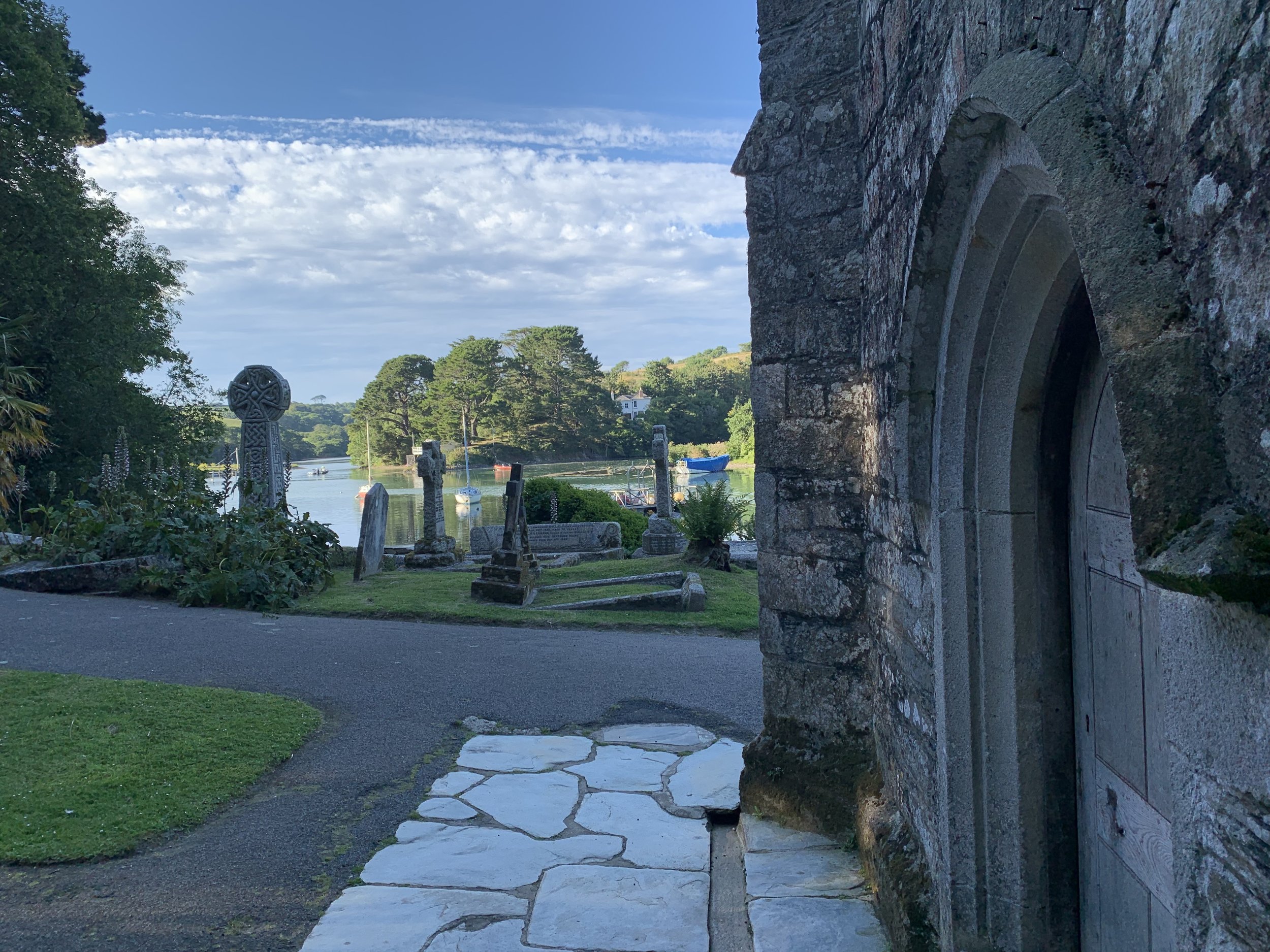Finding our Identity in Christ - Part 2 of 3
One of the things that greatly shapes our identity are the voices that we listen to. There are many voices that speak to us - the voice of Christ, the voices of our culture, the voices of others and the voice of self-doubt. Some of these voices can be conflicting and create confusion, fear and anxiety in our lives. While we don’t always have control over the voices that speak to us, we do get to choose which ones that we actually listen to.
In John 10 Jesus tells the parable of The Good Shepherd where Jesus is the shepherd and we are his sheep.
John 10: 2-5 The one who enters by the gate is the shepherd of the sheep. The gatekeeper opens the gate for him, and the sheep listen to his voice. He calls his own sheep by name and leads them out. When he has brought out all his own, he goes on ahead of them, and his sheep follow him because they know his voice. But they will never follow a stranger; in fact, they will run away from him because they do not recognize a stranger’s voice.”
There are several great lessons for us to take away from this passage:
Like the sheep, we must learn to recognize the voice of the Good Shepherd over all of the other voices that speak to us. Many of these other voices are in conflict with the voice of Christ like the deceptions of our culture and the opinions (real or perceived) of others. The better that we know His voice, the easier it is to distinguish it above the others.
We must also learn to run away from the wrong voices that create fear, anxiety and confusion. To do this we have to “control our intake” - Who/what voices are we listening to that create anxiety and fear in our lives? Our intake contributes heavily to the voices that we ultimately listen to and give weight to.
As sheep always do, we have to stay close to the Shepherd so that we can hear and recognize His voice among all of the other ones calling out to us. As the scripture above says “he calls his own sheep by name.” He knows us intimately and will never leave us or forsake us but it is our responsibility to seek him in our lives daily.
Psalm 95 6-7 Come, let us bow down in worship, let us kneel before the Lord our Maker; for he is our God and we are the people of his pasture, the flock under his care. Today, if only you would hear his voice…
As I write this, I am reminded of the low ropes exercise at JH Ranch where you are blindfolded and are supposed to be guided up a hill by only listening to the voice of your father. But then, other voices come in and try to confuse you. That is a great picture of our lives on a daily basis. Many voices speaking to us - to whom shall we listen?
“The voices that you listen to on the inside, will be reflected in the lives that you live on the outside.”
Let’s choose wisely,
Big E



